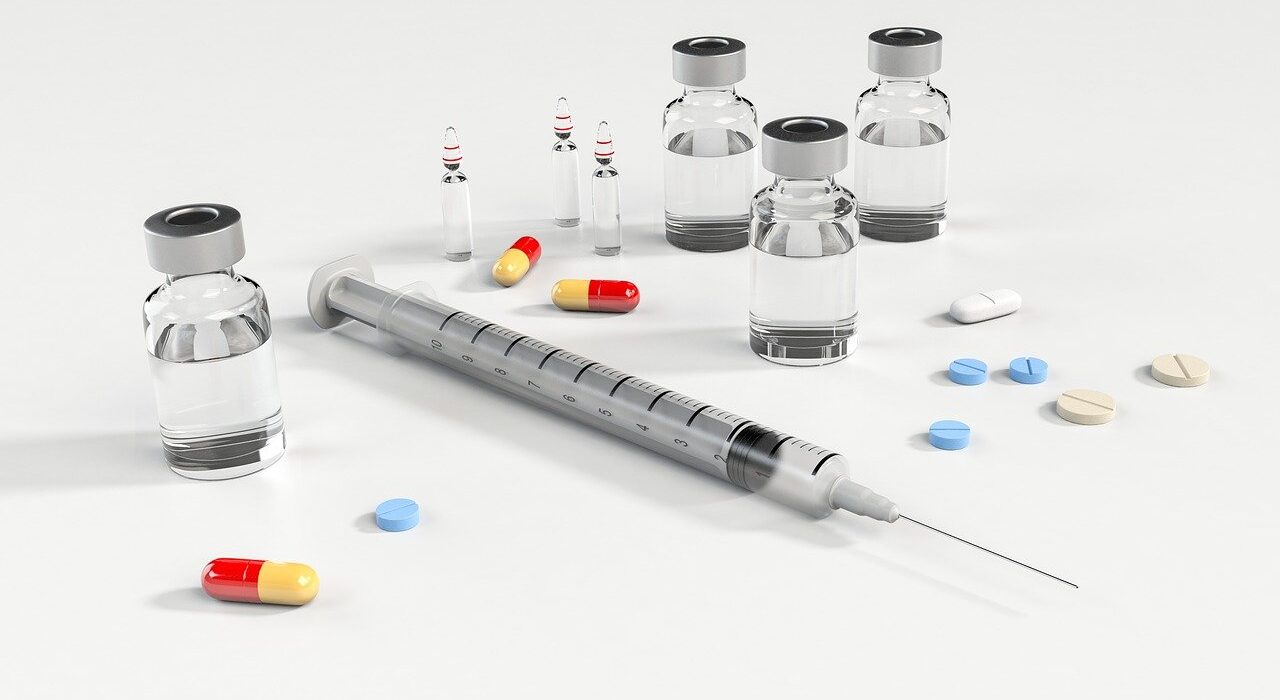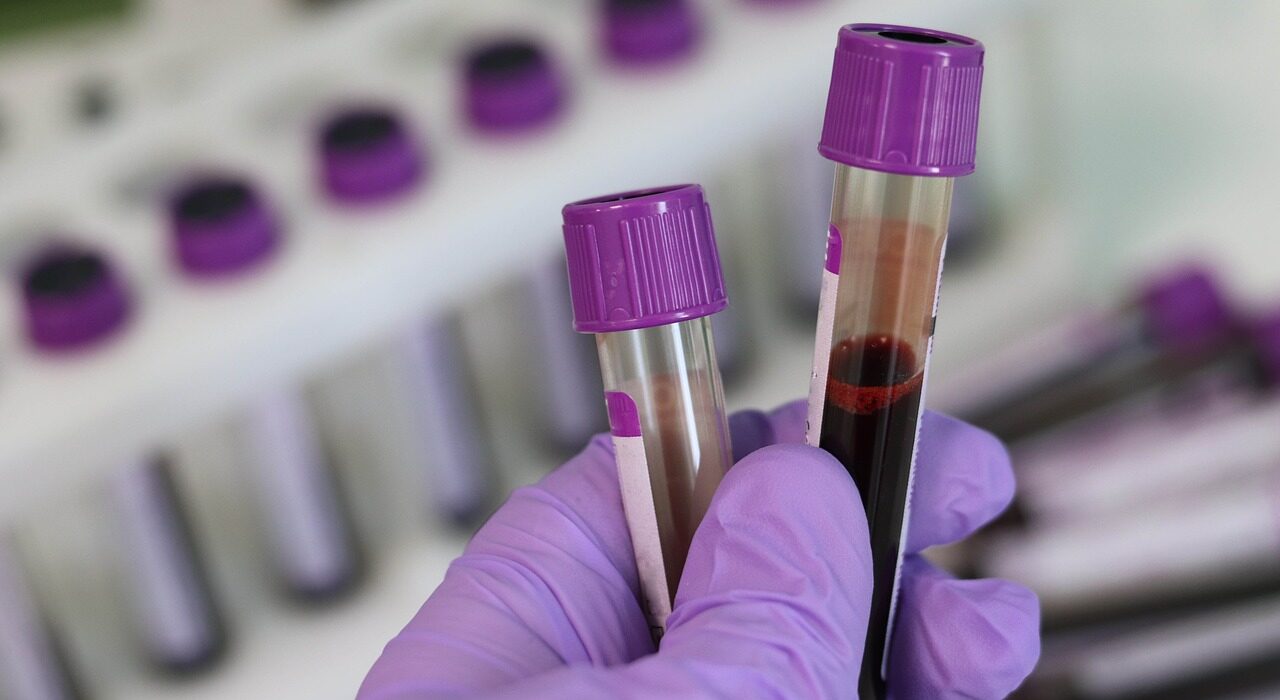Therapeutic fasting
Therapeutic fasting is voluntary conscious refusal of food, the so-called unloading and diet therapy or UDT. With a competent approach, this therapy can lead to significant positive changes in the human body. This method has proven itself not only in the correction of body weight, restoration of metabolism, release from toxins, but also in problems of the endocrine system, bronchial asthma, allergies, skin diseases, heart disease, stomach ulcers, the initial stages of diabetes, joints, spine. Therapeutic fasting also stabilizes the mental state, as it is a conscious spiritual system involving work on oneself and strict discipline. The Fasting Process and...




